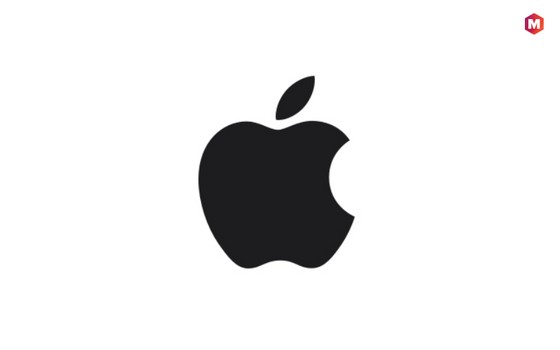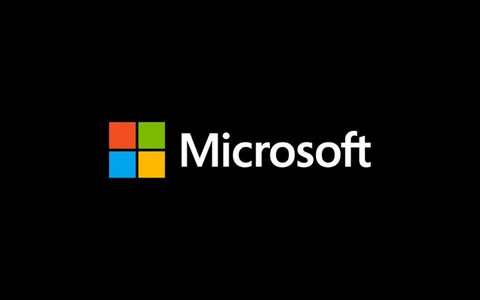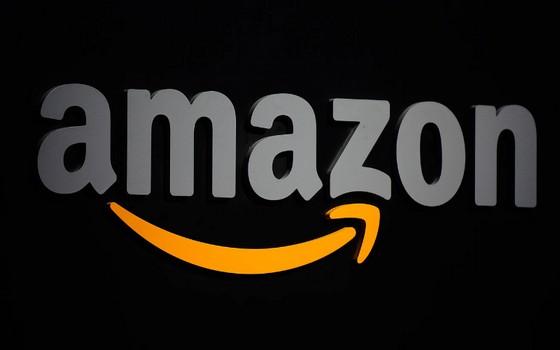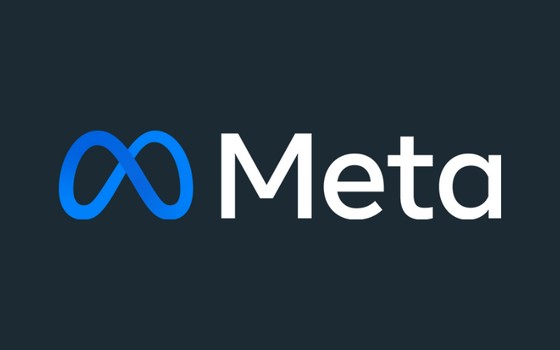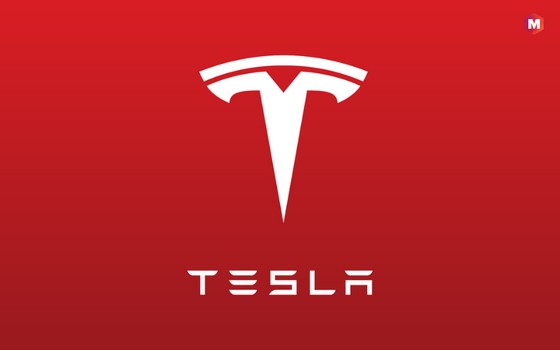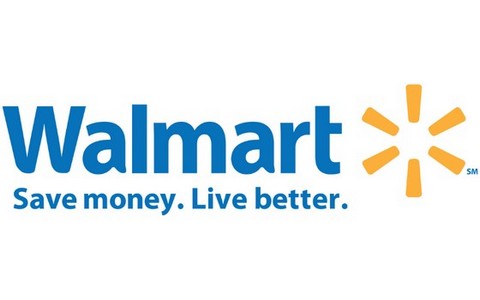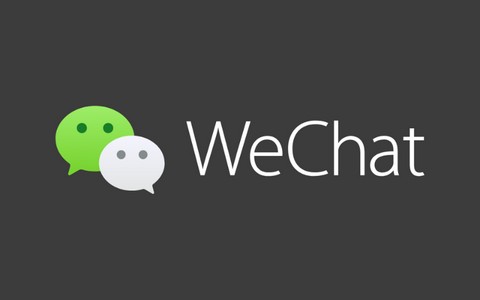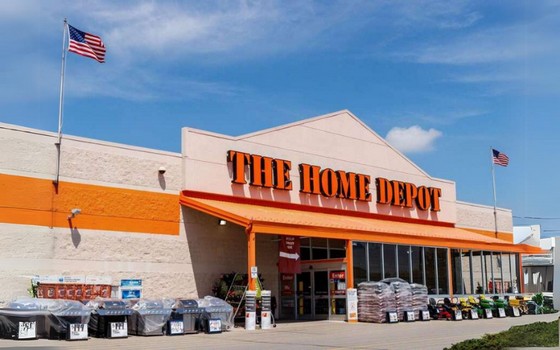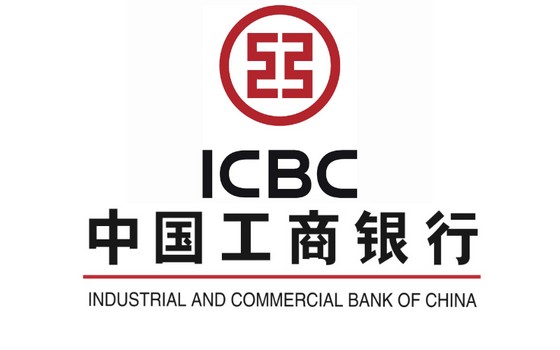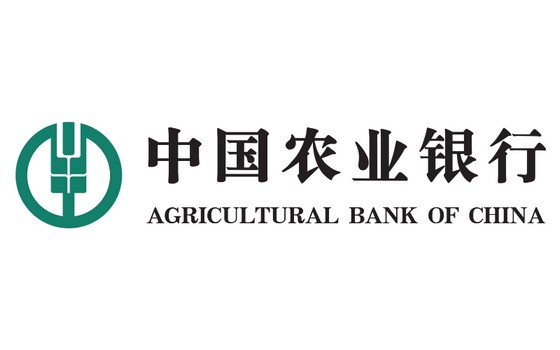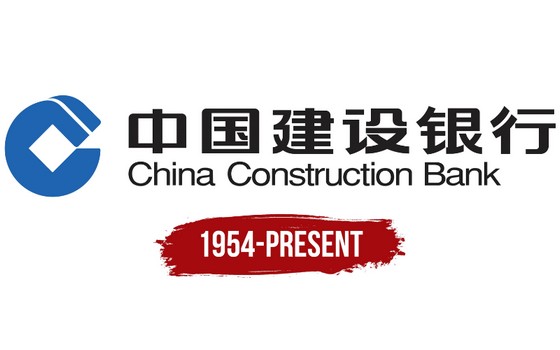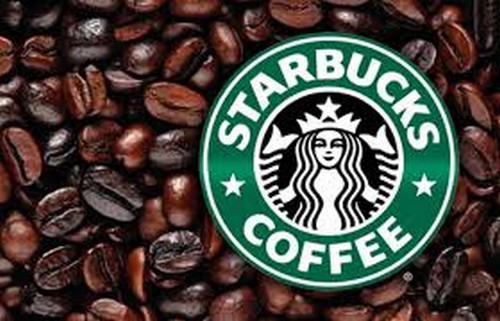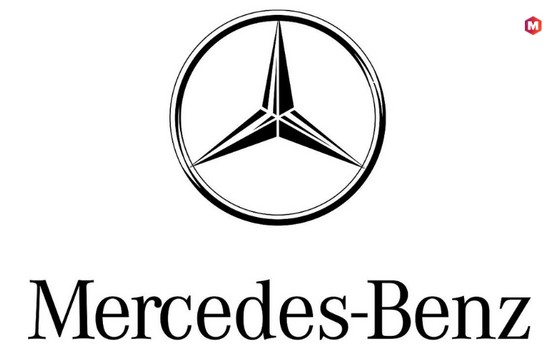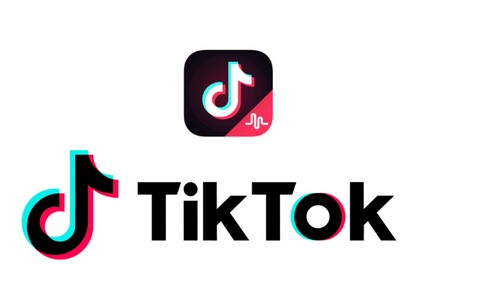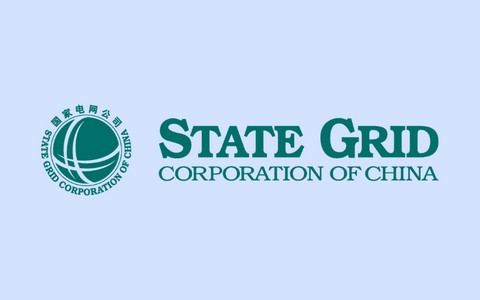Hey! Ready for an incredible adventure? We’re checking out the big stars of the business world – like Apple, Google, and even Starbucks. These aren’t just any companies; they make the stuff we use every day and love a lot. Imagine your phone, your favorite app, or where you grab your morning coffee. Thus, in this article, we discuss the Top Successful Brands.
These brands have a unique touch that makes them super popular. So, let’s go on a fun journey to learn about these fantastic brands and discover their secrets. It’s going to be exciting and easy to follow. Come on, let’s start!
Table of Contents
Top Successful Brands Worldwide
1. Apple
Apple Inc. is a global technology giant that designs, manufactures, and markets consumer electronics, software, and services. The company is best known for its innovative products, such as the iPhone, iPad, Mac, Apple Watch, and Apple TV. As of February 2024, it has an exceptional market capitalization of $2.89 trillion.
Apple achieves success through a clear focus on innovation, customer experience, premium design, and a robust ecosystem of products and services. The brand has built a reputation for quality, translating into a fiercely loyal customer base willing to pay a premium for its products.
2. Microsoft
Microsoft Corporation is a multinational technology company that develops, licenses, and supports various software, hardware, and services. Its flagship offerings include the Windows operating system, Office suite of productivity software, and Azure cloud computing platform. In Feb 2024, its market capitalization has climaxed at a whopping 3.01 trillion dollars.
Microsoft’s success can be attributed to its commitment to continuous innovation, adaptability, and a diverse range of products that cater to individual users, businesses, and large enterprises. Constant research and development and effective marketing strategies have allowed Microsoft to maintain its market leadership in various segments.
3. Amazon
Amazon.com, Inc. is a global e-commerce and technology conglomerate offering an extensive range of products and services, including online retail, digital content, artificial intelligence through Alexa, and cloud computing via Amazon Web Services (AWS). With a market capitalization as of Feb 2024 of $1.769 trillion, Amazon has become an indispensable part of consumers’ lives globally.
Its success is anchored on a relentless focus on customer obsession, low prices, vast selection, and convenience. Expansion into adjacent markets, combined with a robust logistics network, has allowed Amazon to dominate not just e-commerce but also cloud computing and streaming services.
4. Facebook
Facebook, Inc. is a social media giant that owns several popular platforms, including Facebook, Instagram, WhatsApp, and Messenger, reaching billions of users across the globe. As of Feb 2024, it has a market capitalization of $562.19 Billion.
The key to its success lies in the network effect, where each new user bolsters the platform’s value for existing users and helps attract new ones. This, coupled with data-driven solid advertising capabilities, has allowed companies like Facebook to capture a significant share of digital ad spending and build a highly profitable business model.
5. Tesla
Tesla, Inc. is a pioneering electric vehicle and clean energy company that designs, manufactures, and sells electric cars, energy storage, and solar products. It has a market capitalization of $576.63 Billion as of Feb 2024. Tesla has redefined the automotive and energy industries. Tesla’s success can be traced to its disruptive innovation, unique direct-to-consumer sales model, and charismatic CEO Elon Musk.
The company leads the electric vehicle market with its cutting-edge battery technology, sleek car designs, and commitment to a sustainable future. In addition, Tesla’s success can be attributed to its bold vision and aggressive market expansion, which has fueled widespread consumer interest and investor confidence in the successful brand.
6. Google
Google LLC, a subsidiary of Alphabet Inc., is a technology giant that specializes in Internet-related services, including search, online advertising, cloud computing, and software. Its market capitalization has crossed the threshold valuation of $1.782 trillion by Feb 2024.
The brand’s success is derived from its innovation, data-driven approach, and focus on providing seamless user experiences across its ecosystem. Google has managed to maintain enduring relevance by pursuing opportunities in emerging technologies such as AI, machine learning, and voice recognition, ensuring that the company consistently competes at the forefront of innovation.
7. Walmart
Walmart Inc. is the world’s largest multinational retail corporation, operating thousands of hypermarkets, supermarkets, and department stores in various countries. Boasting a market capitalization of $454.07 billion, Walmart has successfully entrenched itself within the global retail landscape.
The key to Walmart’s success is its steadfast commitment to offering daily low prices, an extensive assortment of products, and effective supply chain management. In recent years, for example, Walmart has embraced digital transformation to compete against e-commerce giants like Amazon. It continues to expand its physical and online presence for maximum consumer reach.
8. WeChat
WeChat, a product of Tencent, is a multipurpose messaging, social media, and mobile payment app widely used in China, boasting over a billion monthly active users. With a market capitalization of $356.04 billion, WeChat has rapidly evolved into an indispensable “lifestyle app.”
Its success lies in seamlessly integrating various features and providing users with a comprehensive platform for communication, shopping, payment, entertainment, and more. Tencent’s brand strategy and keen understanding of Chinese consumers and the local market have created a robust and self-reinforcing ecosystem that engages users, consequently generating substantial revenue streams.
9. Home Depot
Home Depot, Inc. is the world’s largest home improvement retailer, offering an extensive range of products and services related to construction, home improvement, and gardening. With a market capitalization of $353.02 billion, Home Depot is a one-stop shop for professional contractors and do-it-yourself consumers.
The company’s success can be traced to a robust supply chain, product availability, competitive pricing, and excellent customer service. Home Depot has also leveraged technology to improve the in-store and online shopping experience, facilitating continued growth amid a highly competitive market landscape.
10. Samsung Group
Samsung Group is a South Korean multinational conglomerate with a market capitalization of $372.49 billion. The company has diversified businesses, including electronics, mobile devices, display technology, home appliances, and semiconductor manufacturing. Samsung’s success stems from its innovation, commitment to quality, and an extensive product portfolio that caters to various customer segments.
The company’s vertical integration strategy has also enabled Samsung to maintain cost efficiency and control over product development. Using leading brands and continually investing in research and development, Samsung has stayed ahead of its competitors, solidifying its position as a global market leader.
11. Industrial and Commercial Bank of China (ICBC)
Industrial and Commercial Bank of China (ICBC) is the world’s largest and one of the most profitable banks by assets, providing a comprehensive range of financial products and services to millions of customers globally. With a market capitalization of $245.95 billion, ICBC occupies a significant position within China’s financial system.
The brand’s success can be accredited to its extensive domestic and international market presence, robust risk management, and deep understanding of China’s economic landscape. ICBC’s ability to continually leverage technology to improve its customer experience is crucial to its strong competitive position in the business world.
12. Agricultural Bank of China
Agricultural Bank of China is one of the “big four” state-owned commercial banks, offering an array of banking and financial services to individuals, corporations, multinational companies, and public institutions. With a market capitalization of $186.74 billion, it has evolved from its rural credit cooperative roots to become a major financial player in China and worldwide.
The brand’s success can be traced to a strategic focus on financial inclusion, commitment to rural and agricultural finance, and measured expansion into urban and international markets. Technological innovation and diversified financial offerings have enabled the Agricultural Bank of China to remain competitive in a rapidly evolving financial landscape.
13. China Construction Bank
China Construction Bank (CCB) is another of China’s “big four” banks, providing its customers with a wide range of financial products and services. Boasting a market capitalization of $151.04 billion, it has a broad domestic and international network.
What sets CCB apart is its strong infrastructure financing capabilities and strategic focus on property development and housing mortgages. The company’s ability to capitalize on China’s urbanization and infrastructure development, with robust risk management and customer-centric digital services, has contributed immensely to its success and market position.
14. Verizon
Verizon Communications Inc. is a leading telecommunications company that provides wireless, broadband, and wireline services to consumers, businesses, and governments. With a market capitalization of $173.96 billion, Verizon enjoys a strong market presence in the United States as one of the largest wireless carriers.
The brand’s success is anchored in its relentless focus on network quality, customer satisfaction, innovation, and strategic investments in emerging technologies, such as 5G and the Internet of Things (IoT). These factors have allowed Verizon to maintain a competitive edge, boosting revenue growth and strengthening its brand identity and consumer loyalty.
15. Deutsche Telekom
Deutsche Telekom AG is a German telecommunications giant with global operations, offering fixed-line and mobile communications, broadband internet, IT services, and more. The company’s market capitalization stands at $121.18 billion. Deutsche Telekom’s success stems from its solid European market presence, infrastructure investment commitment, and robust strategic partnerships.
By effectively capitalizing on digital transformation and maintaining a customer-centric approach, Deutsche Telekom has managed to stay ahead of the competition and strengthen its position in the rapidly evolving telecommunications industry.
16. Starbucks
With a market capitalization of $108.31 billion, Starbucks Corporation is a world-renowned coffee company and coffeehouse chain. Originating from a single store in Seattle, Starbucks now spans continents, boasting over 32,000 stores worldwide. Its success is built upon creating a unique Starbucks Experience – a comfortable ambiance, friendly service, and high-quality coffee – that turns an ordinary coffee run into a lifestyle phenomenon.
The brand’s intuitive adaptations to different markets and strategic positioning as a premium but accessible offering have played significant roles in its global expansion, customer loyalty, and popularity.
17. Mercedes-Benz
Mercedes-Benz, a division of German company Daimler AG, is one of the most prestigious luxury automakers in the world. The brand holds a market capitalization of $73.53 billion. Mercedes-Benz’s success is driven by its unwavering commitment to luxury, engineering excellence, and innovative design, which define its product lineup. The company combines a rich heritage and global brand name prestige with continual innovation in electric vehicles and autonomous driving technology, which fuels its competitive edge.
18. TikTok/Douyin
TikTok (Douyin in China), owned by Chinese company ByteDance, is a rapidly emerging social media platform that enables users to create short-form videos. Though ByteDance’s exact market capitalization is not publicly available, its valuation was estimated at $400 billion in private markets in 2021.
TikTok’s success rests on its powerful, algorithm-driven content delivery, interactive features, and sharp focus on the Gen Z demographic. It revolutionized social media with bite-sized, personalized video content, making it phenomenally popular among users and advertisers worldwide.
19. State Grid
State Grid Corporation of China is the world’s largest utility company, providing electricity to many consumers across China. The company has a market capitalization of $556.70 billion. State Grid’s success is built on its immense infrastructure, efficient service delivery, and monopoly status in the Chinese electricity market.
Furthermore, its consistent commitment to sustainable development and renewable energy investments shows its adaptability to global trends, reinforcing its solid position among global power industry players.
Conclusion
As we wrap up our exploration of the ‘Top Successful Brands,’ it’s clear that their journeys are more than just tales of corporate triumph. These brands embody the spirit of innovation, the courage to challenge the status quo, and a deep connection with their audiences. They teach us that success is not just about what you offer but how you resonate with people’s lives and aspirations.
Liked this post? Check out the complete series on Lists
